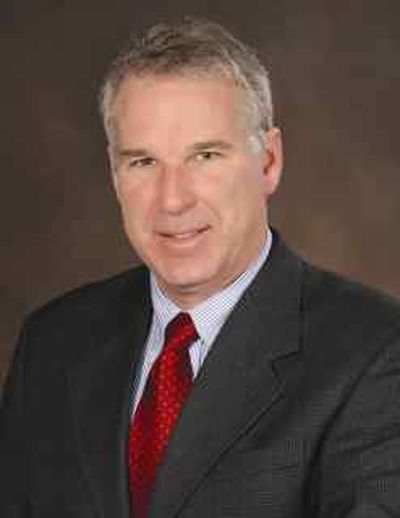Rep. Hart pushes gold coins as ‘legal tender’

BOISE - An Idaho House committee voted Tuesday to introduce legislation from Rep. Phil Hart to let Idahoans use gold and silver coins at face value as “legal tender” and “as an alternative to the Federal Reserve Notes that currently circulate as our only currency,” and exempt from all taxes any transaction paid for in gold and silver coins.
It’s a new version of HB 430, which Hart earlier introduced as a personal bill; that measure hasn’t come up for a hearing.
Rep. Eric Anderson, R-Priest Lake, voted against introducing the new bill. “To me, it looks like nothing more than a tax avoidance,” Anderson said. “I don’t buy the argument.”
Hart, a fourth-term Republican from Athol, has been working on various versions of his “sound money” proposal for several years; he’s also a tax protester who currently has an appeal to the Idaho Supreme Court pending over unpaid state income taxes, and a pending action in federal court in which the IRS is trying to foreclose on his log home in Athol for back federal income taxes.
Hart’s new bill, like the previous version, declares, “History attests that monopolistic monetary systems based on legal tender edicts tend toward manipulation of the supply, resulting in lost purchasing power, inequitable wealth redistributions, misallocation of productive resources and chronic unemployment, thus impairing life, liberty and property. In order to protect Idaho and its citizens against this danger, it is necessary for the state to permit gold and silver coin as ‘legal tender’ in payment of debts under certain circumstances.”
The bill says gold and silver coin transactions “shall not be subject to any sales, excise, gross receipts, income, capital gains, or other form of tax.”
The major difference from the earlier version of the bill: HB 430 estimated it would have no impact on the state general fund; the new version estimates the state would lose about $50,000 in capital gains taxes on the sale of gold and silver coins. The new version also adds several additional paragraphs of legislative findings about the value of “sound money, most commonly precious metal coin.”